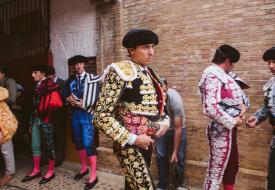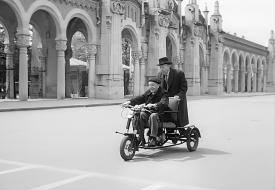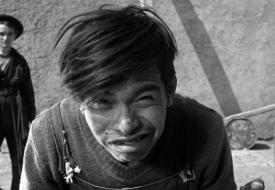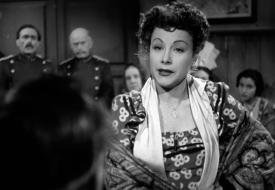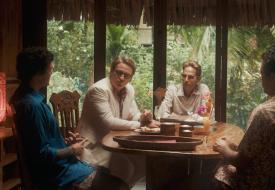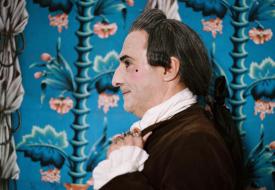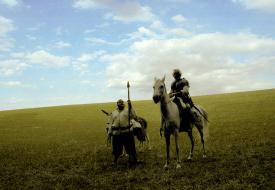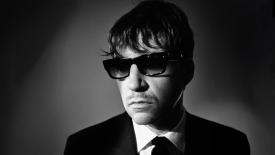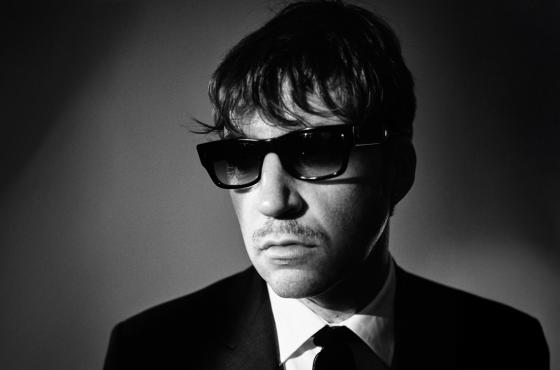
Close-up: Albert Serra
Past event
Cancelled
Postponed
25 Jan.'26
- 14:00
in the presence of the director
Getting into the work of Albert Serra is to surround yourself with characters bigger than life that stand out of time, accepted norms, and rational order. Filled with haunting imagery that resembles that of old baroque painters.
Bozar is dedicating a programme to this execptional director featuring four films by Serra, along with three others he has selected with Goya in mind. Serra will be present to discuss what drives him to make films, how he approaches each project, and from what cinematic perspective it might be fruitful to approach Goya.
Serra studied Comparative Literature at university in Barcelona, but soon found film to be his medium. Honor of the Knights (2006), selected at Cannes’ Directors’ Fortnight, brought fresh air to Spanish cinema and a stimulating presence to the international scene. He has since become a regular at major festivals. Over two decades, Serra has combined filmmaking with theatre and museum work, participating in major events such as documenta in Kassel and the Venice Biennale. He has been recognised with awards such as the Golden Shell at San Sebastián (2024) and the Golden Leopard at Locarno (2013).
The protagonists of Serra’s films are rarely invented by himself; he draws them from History, Literature, and contemporary reality. These figures seem cursed by a 19th-century romantic fate: they are legendary beings who live exiled from the everyday—longing to belong to the ordinary precisely because they are denied access to it.
Romantic and sceptical at once, a myth-maker and a keen observer, Serra turns away from the mediocrity of certain ways of living that still blindly believe in progress—an idea now exposed as illusory amid the contradictions of the world. He has aesthetic control, though not through any preconceived form. He doesn’t tie himself to a script, but to the expressive potential of the faces, bodies, and spaces he selects with rigorous care. He relies on the camera to capture visual and temporal textures, and on editing to articulate a unique cinematic language. His creative freedom stems from producing his own films: he limits to whom he responds and leaves the viewer room for contemplation. Time, in his films, acquires a gravitational quality—it floats, drifts, unfolds like a prayer.
Practical information
Locations
The 23
rue Ravenstein 23 1000 BrusselsTerarken
rue Ravenstein 23 1000 Brussels